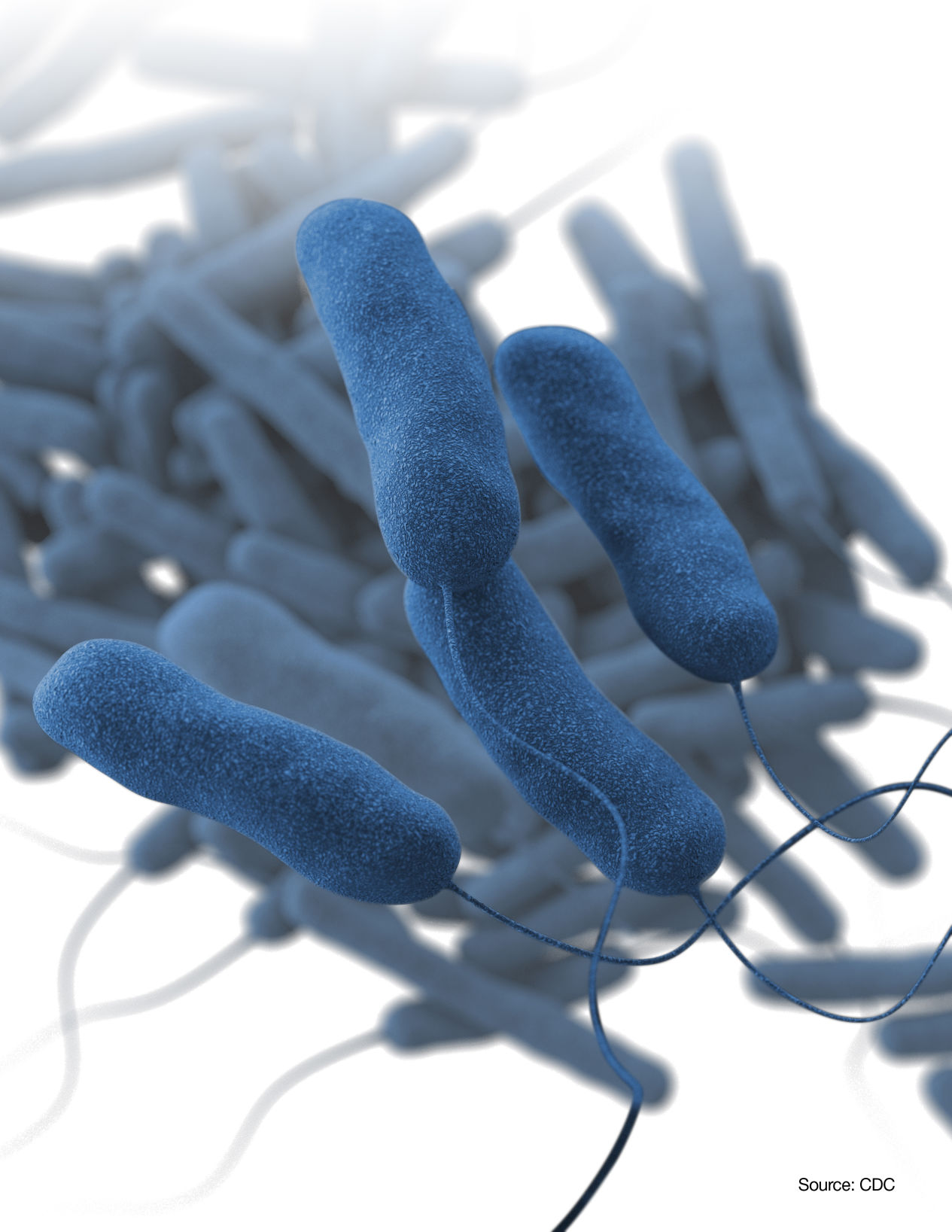KAPAA — A severe form of pneumonia prompted management of an eastside resort to close until further notice, the Department of Health told The Garden Island on Tuesday. “Recently, the Kapaa Shore Resort received confirmation that the presence of Legionella
KAPAA — A severe form of pneumonia prompted management of an eastside resort to close until further notice, the Department of Health told The Garden Island on Tuesday.
“Recently, the Kapaa Shore Resort received confirmation that the presence of Legionella bacteria was found in two units at the resort,” according to a statement from a Kapaa Shore Resort spokesperson. “As a precautionary measure, we are temporarily closing the resort and relocating owners and guests to nearby properties so that we can properly remediate and get the resort back in operation quickly, while still allowing people to enjoy their vacations.”
The Department of Health was advised of the two cases of Legionnaires’ Disease in mid-May by two state health departments of the two visitors who were treated for the illness, according to the DOH.
“Aside from the overlapping dates of their hotel stays, the two individuals had no related activities or possible sources of exposure,” wrote Janice Okubo, DOH public information officer.
It is unknown when the 49-unit resort will reopen.
Okubo said the department contacted the hotel and advised it to evaluate potential sources.
“The hotel secured an environmental consultant to evaluate their water system,” she said. “The hotel has reported advising its customers and is taking measures to prevent the possibility of a future case.”
Legionnaires’ disease symptoms are similar to other types of lung infections and it often looks the same on a chest X-ray. Symptoms may include coughing, high fever, muscle aches as well as diarrhea, nausea and confusion.
According to the DOH, symptoms usually begin two to 10 days after being exposed to the bacteria, but it can take longer so people should watch for symptoms for about two weeks after exposure.
The DOH affirmed that the disease does not spread from person to person. People are exposed to the disease by breathing in mist containing the bacteria.
The key to preventing Legionellosis is making sure that the water systems in buildings are maintained in order to reduce the risk of growing and spreading Legionella, the DOH said.
This year, there have been six cases to date — three of whom were visitors — reported diagnosed with Legionellosis in the state. Two unrelated cases, both of whom were visitors, had exposure on Kauai.
In 2015, there were six reported cases diagnosed with Legionellosis, of whom one was a visitor with exposure in the state (includes one resident case from Kauai who was exposed on Oahu).
Okubo said it is important to note that the numbers are based on an individual’s county of residence and not necessarily where they were exposed to the bacteria.
“A resident of Hawaii may have been exposed while traveling, but would be included in our state’s count of reported cases,” she said.


